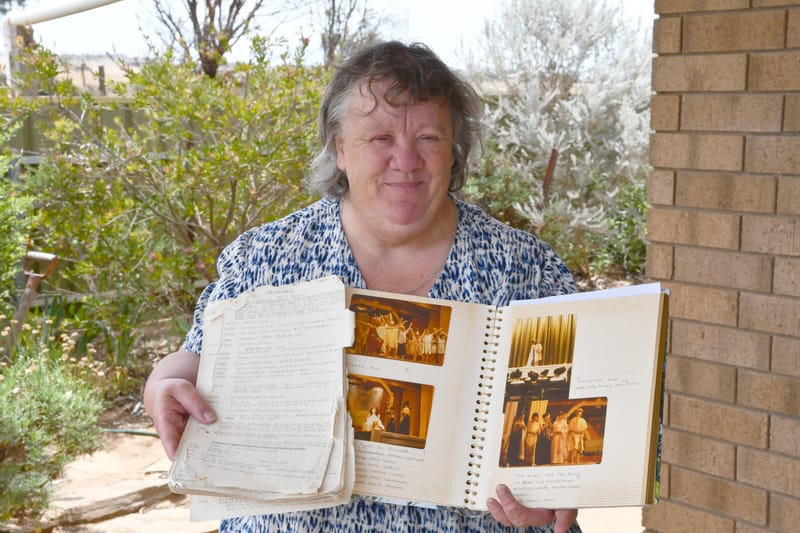Eudunda Probus Club Report
Phil Evans from the Adelaide MFS gave an illustrated address about Home Fire Safety at the Eudunda Probus Club recently. The most prevalent fire danger is heating fat or oil on the stove or an electrical appliance. The second most prevalent fire...
Phil Evans from the Adelaide MFS gave an illustrated address about Home Fire Safety at the Eudunda Probus Club recently.
The most prevalent fire danger is heating fat or oil on the stove or an electrical appliance.
The second most prevalent fire danger is lithium devices, which cover a large range of battery operated appliances such as e-bikes and scooters, children’s toys, cordless drills, mobile phones, electric wheelchairs, battery operated furniture, laptops, tablet devices, electric motor vehicles, and battery energy storage systems, attached to your solar system.
The most common causes of battery fires are overcharging, use of non-compliant charging equipment, overheating from exposure to extreme temperatures.
When Lithium-ion batteries fail they may enter a process called “thermal runaway.”
This involves violent bursting of the battery cells, which may release a toxic, flammable and explosive gas. The fire that could result is a self-sustaining fire that may be difficult to extinguish.
In an Emergency, Call Triple 000. Do NOT touch anything that is on fire, if any device or battery starts to give off smoke or emit flames, call triple zero.
Evacuate the area and close doors behind you, this will slow the spread of the fire.
Avoid inhaling the battery gases, vapour, and smoke as it is highly toxic.
If your mobile phone starts overheating, unplug it from the power outlet if safe to do.
Be aware the device may be hot and could cause burns.
Small flames can be doused with a bucket of water to stop the fire spreading, but make sure the device is NOT plugged into mains power.
The use of a fire blanket, or a fire extinguisher (dry chemical powder or carbon dioxide are options to consider.)
Lithium-ion batteries should not be placed into household waste bins or recycling bins.
It is recommended that battery terminals are taped over with sticky tape or electrical tape before placing them into battery recycling collection bins.






